1. Statement from Chairman
2. Our story
3. From farm to bouquet
4. Our Sustainability Strategy
5. The future
6. Contact Us
4.
Our sustainability strategy
Our strategy
and pillars
In 2021 we established the four pillars of our sustainability strategy, setting in motion our action plans and bringing together our ambitions and commitment. Each of the pillars reflects one or more of the UN SDGS and the contributions we can make toward implementing them as part of a more sustainable flower sector.
We knew that to achieve sustainability goals as a group, we needed resources, data, actionable strategies, and a real commitment. In 2020, we conducted an extensive materiality analysis to provide the initial data. From there, we formed a steering committee and appointed sustainability ambassadors for each NU, constructing a global chain of expertise and shared best practices.
In 2023, we are making real progress across all 4 pillars and are more committed than ever to long-term change within the industry.
“Committed to
a better world”
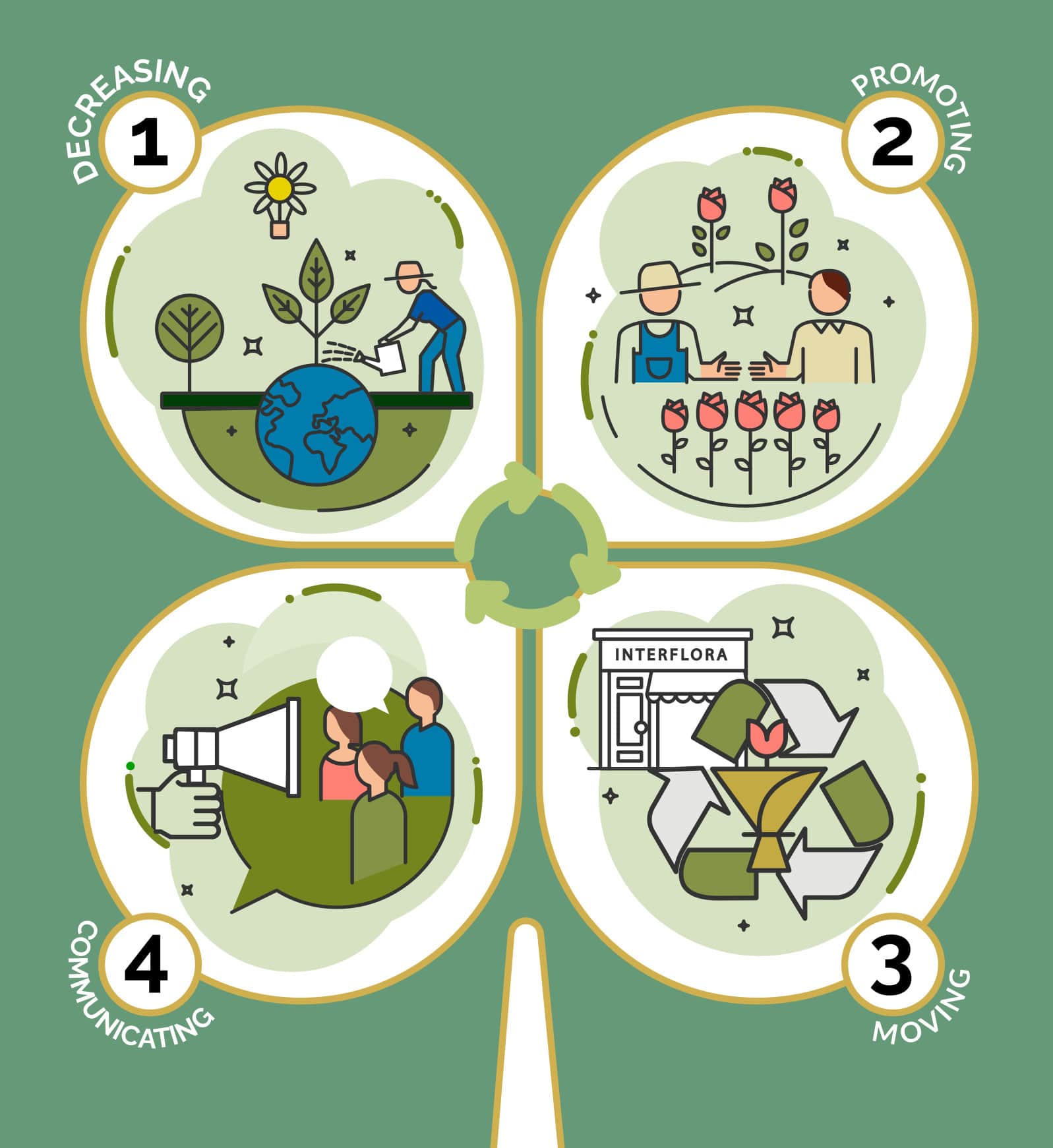
1.Decreasing
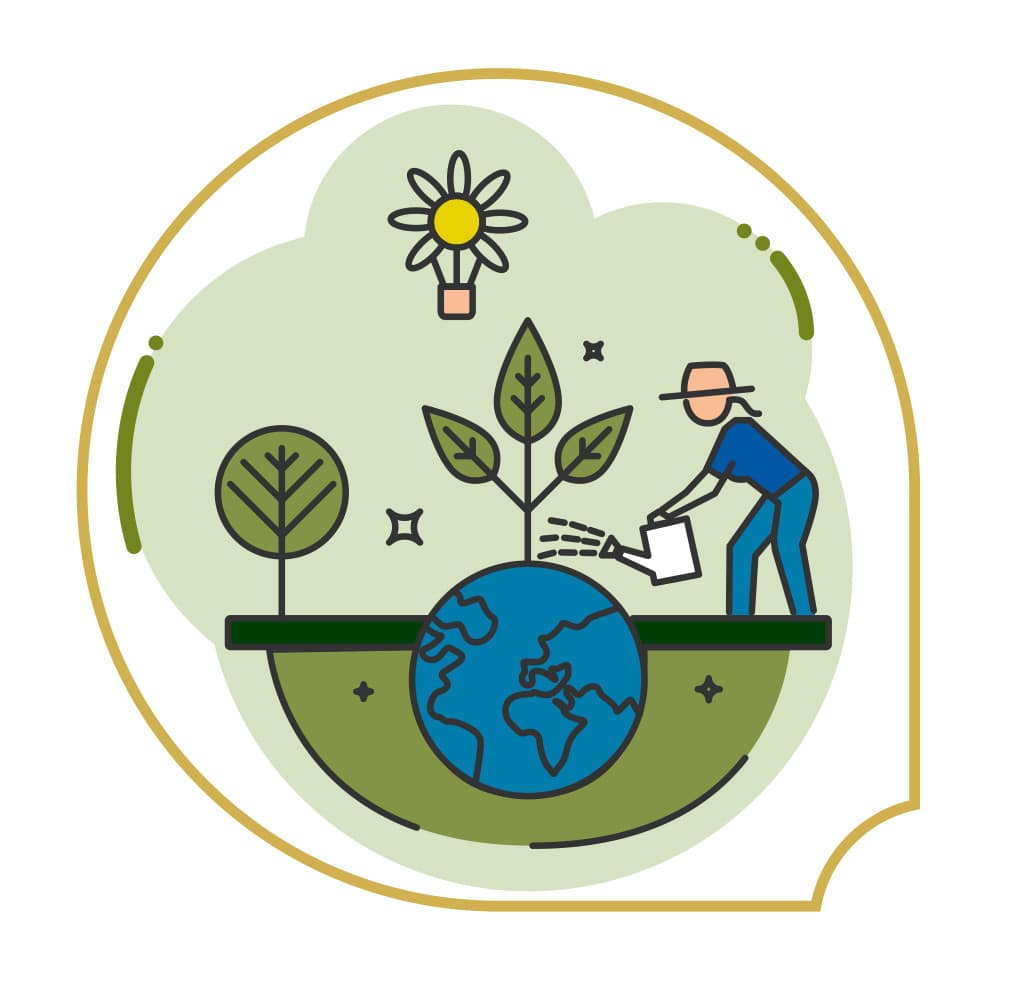
The Environmental impact of our operations.
We are committed to reducing the environmental impact of our own operations, where we can have a direct impact.
We also acknowledge the carbon emissions created by our wider network of florists and other partners. While we don’t always have direct control over these emissions, we are committed to working with our network partners to measure and reduce them and encourage them to follow our path.
1.1 Carbon Footprint: own operations
We have started measuring the carbon emissions from our own facilities that are directly accountable to us (mainly our offices, vehicles, and in some very specific cases, small warehouses). Although the footprint is small compared to the products we sell through our website, it is essential that we take ownership of these emissions and take action to reduce them. We want to lead by example for the rest of our network and supply chain. For instance, we are evaluating renewable energy and identifying where it makes sense to electrify our fleet of vehicles.
RENEWABLE ENERGY IN ACTION:
In our Fleurop Belgian HQ, we have 43 solar panels installed on the roof, that are capable of generating up to 12470Wp. Since their installation, we have seen a 68% reduction in our energy usage.
Solar power is a clean and renewable energy that does not contribute to the creation of carbon emissions.
Average use pre-solar panels
24,301MWh
Average use since installation
7,738 MWh > 68% Reduction
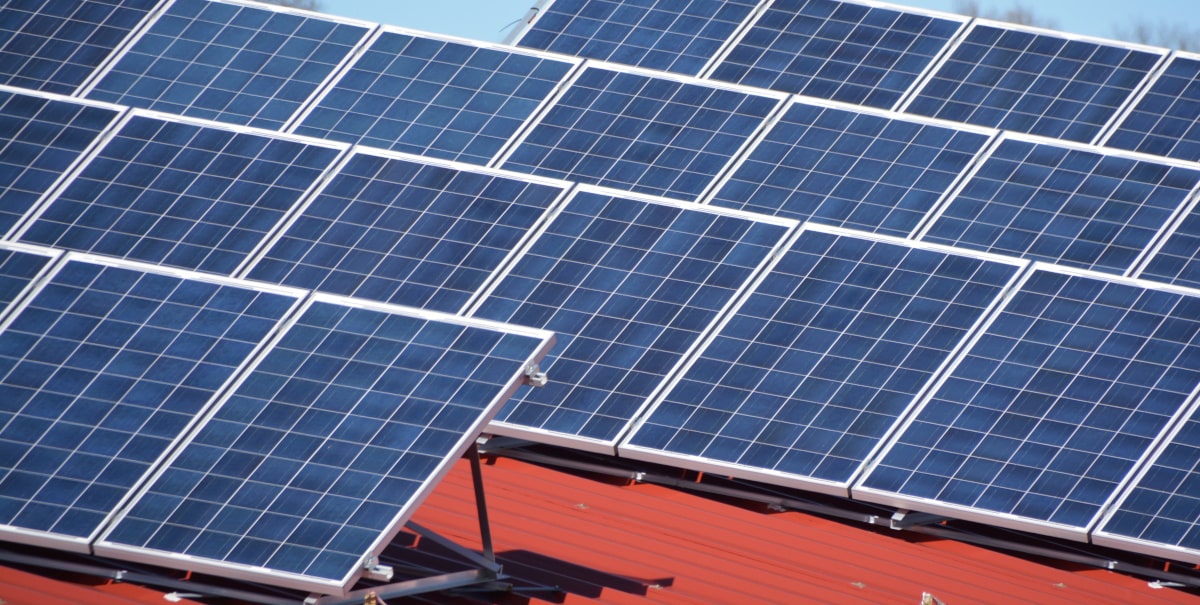
1.2 Sustainability Certifications
Education, training, independently verified certification are some of the most effective tools to create the mindset necessary for an industry transition to a sustainable future. Fleurop Netherlands is leading the way in this area and has made certification a priority. Since 2020, it has been a requirement for their florists to work in accordance with the guidelines of the Barometer Sustainable Florist quality mark. Depending on the percentage of certified flowers and plants purchased and the number of points achieved in their business operations, they receive a bronze, silver, or gold certificate. In the course of 2022 Fleurop certified 100% of its Dutch flower shops. Once certified, periodic inspections under the supervision of the Dutch Accreditation council and based on European standards ISO/IEC17065 are carried out to enensure that standards are maintained.
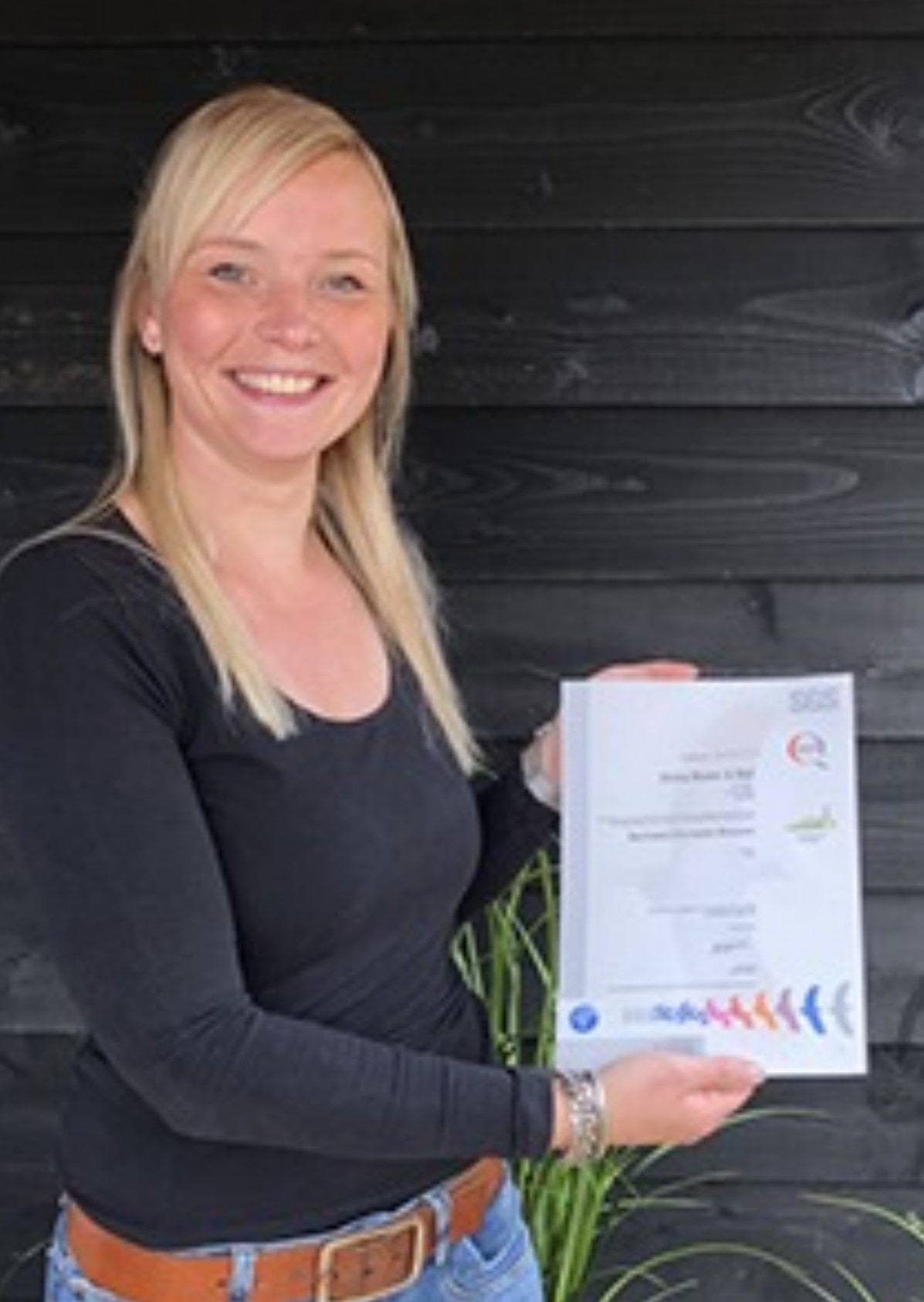
GLOBAL FLORIST CERTIFICATION SCHEME
Based on the success of Fleurop Netherlands we are working to decide the best own certification program, with the aim that certified florists stimulate demand further down the supply chain to distributors and growers in a more sustainable way.
“ A bouquet is only really sustainable if the florist who arranges the bouquet also works sustainably. From green electricity to cleaning without chlorine, separating waste, sustainable transport and caring for my employees, everything must be arranged sustainably.”
DIRMA STAM of Fleurop flower shop Dirma Bloem & Stijl from Hedel. (Gold certified)
WHAT IS A CERTIFIED FLORIST?
Certified Sustainable florists work with environmentally friendly packaging materials and cleaning products, use biodegradable floral foam, use clean energy transport for delivery, separate waste, use green electricity, and, in addition, provide fair working conditions for their employees. The use of wax, glitter, lacquer (for living materials), and cleaning agents containing chlorine is not permitted.
1.3 Last Mile Delivery
The concept of local delivery and decreasing the distances that flowers need to travel to reach customers has been always been fundamental to Fleurop/Interflora/FTD. In 2022 we expanded that concept to began to quantify the carbon footprint of our last-mile delivery in the UK and Sweden. In 2023 we will extend this across all our national units. The Last Mile delivery system is driven by the number of bouquets delivered by the type of vehicle used and the distance that must be traveled to do the delivery. We are still at the early stages of baselining these emissions, but are confident that the increased use of electric vehicles, better route optimization, and in some cases, lower emission third parties will reduce last-mile delivery emissions.
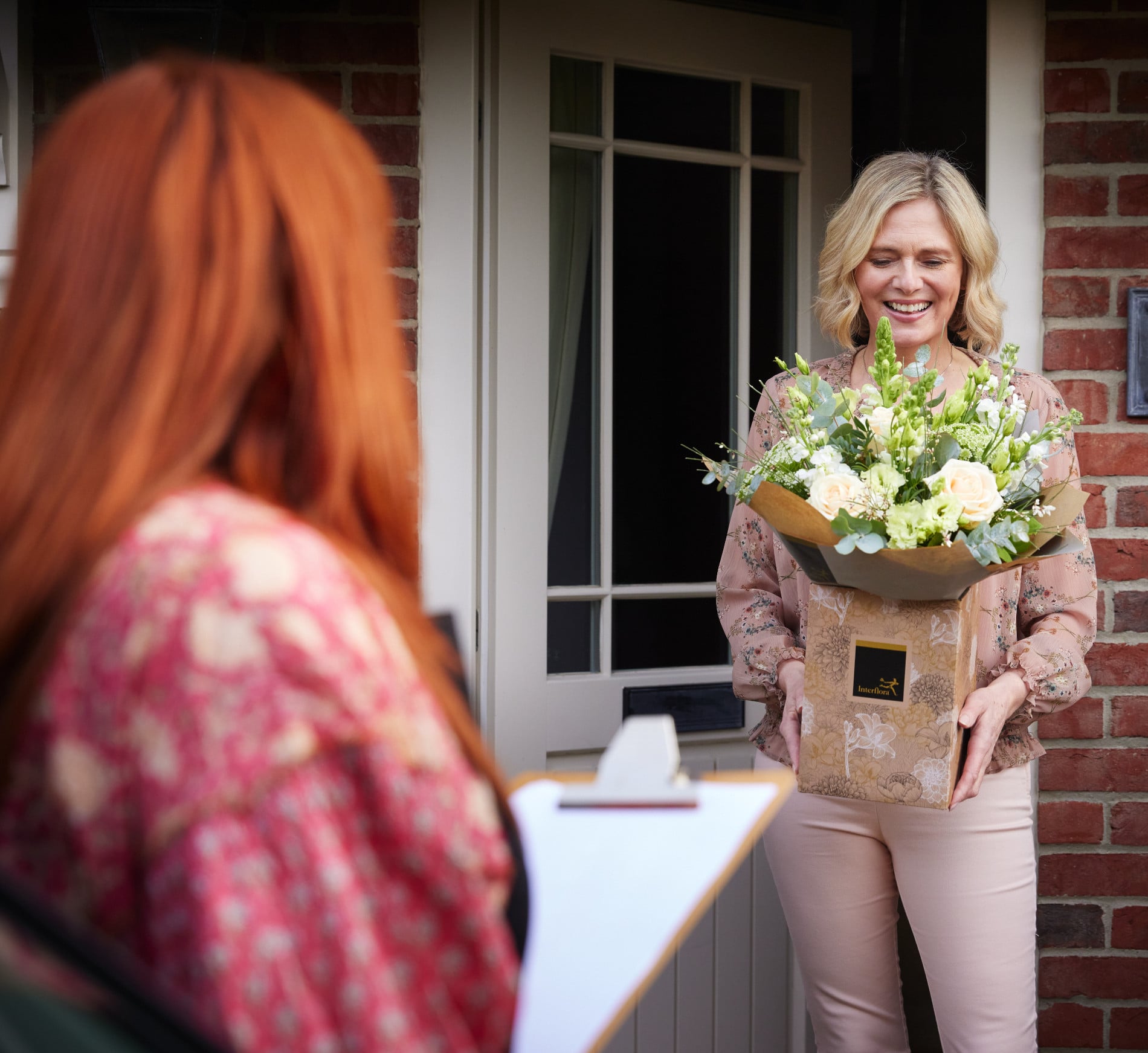
2.Promoting
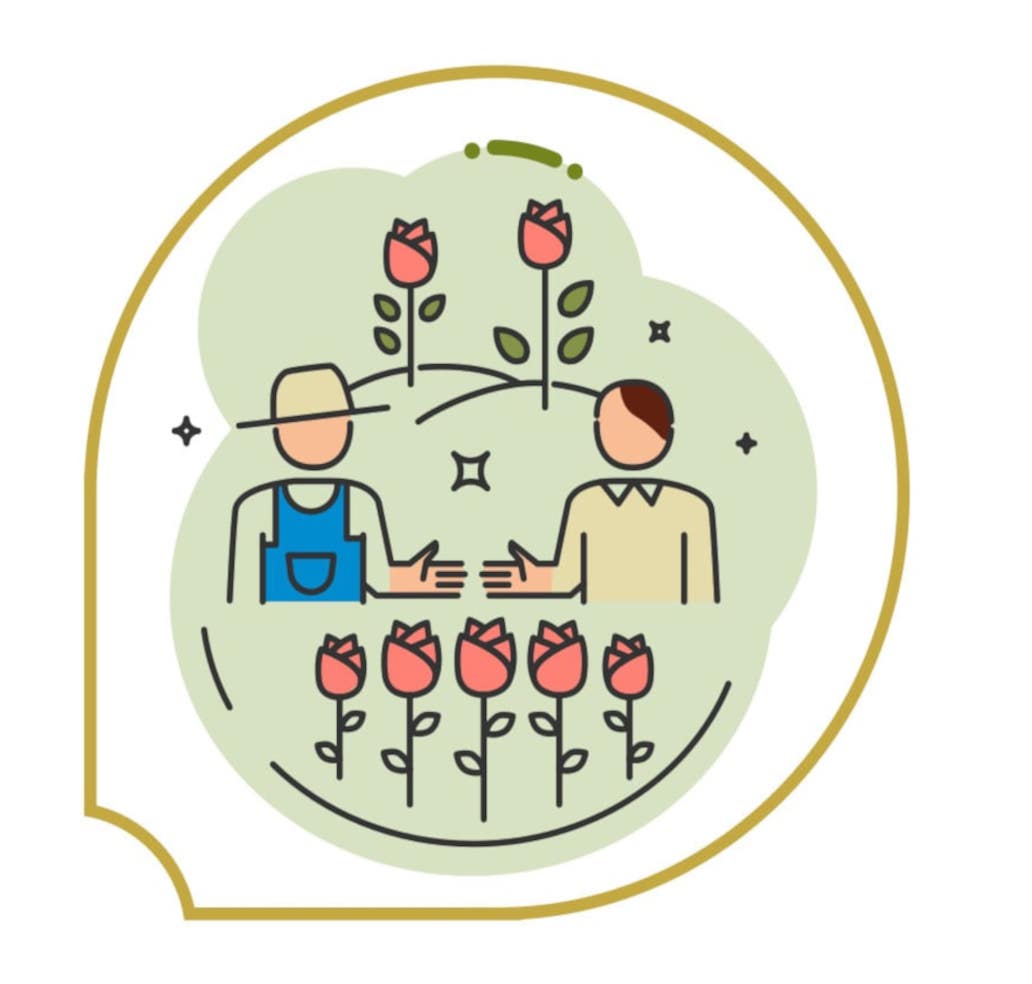
Responsible Sourcing
We promote the purchase of eco friendly flowers, grown in a responsible way .
2.1 Responsible Sourcing Project
Surveys and our own materiality analysis have shown that both customers and florists are seeking more sustainable options. A core part of our promotion pillar is encouraging the responsible sourcing and growing of environmentally friendly flowers by our florists and their suppliers. When flowers are sourced from Auction houses, it is not always apparent where the country of origin is, so we are encouraging our network to request more transparency on the country of origin.
By consumers entrusting the florists to make the best choice, they are empowered to choose more sustainable options. Seasonal flowers; grown locally reduces carbon emissions.
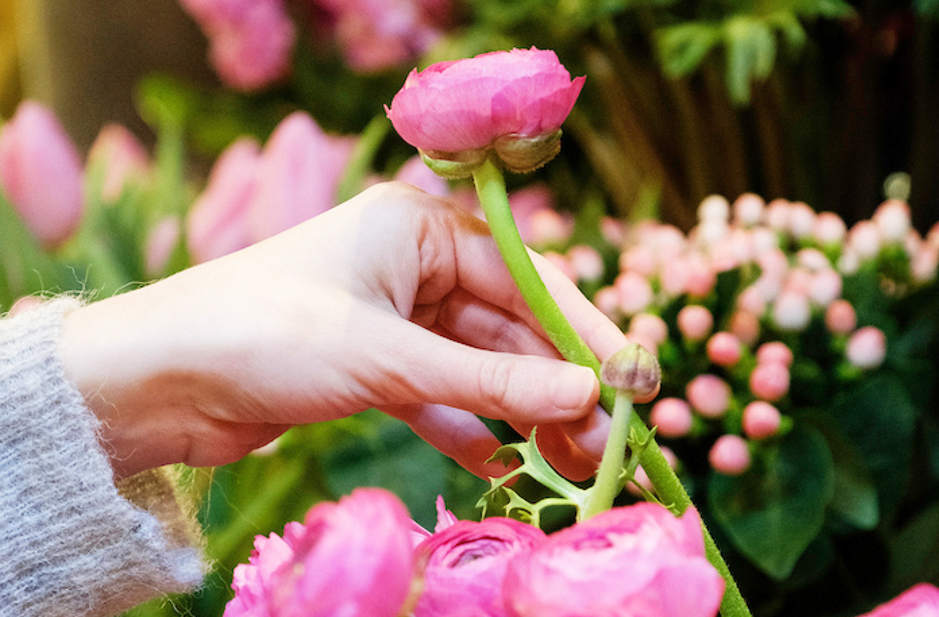
2.2 Pesticides/PPP
The quest to eliminate harmful pesticides from the supply chain is one that, as a company, we are committing significant resources to. Led by Fleurop Germany, we are currently compiling the one of the largest databases of PPP (Plant protection products) used in the industry. It’s a an enormous undertaking that has been in process since 2016. We are currently in discussions with accredited academic and research institutions to establish the best partner to publish our findings. At this time, this is a confidential research project but one that, when it comes to fruition, will help us set a new knowledge-based benchmark for the industry and initiate real change by creating globally standardized tests and a binding set of rules. We expect to publish our findings in 2024.
2.3 Carbon Footprint: Product
Reducing the carbon footprint of cut flowers begins with a better understanding of all the factors involved. The biggest driver is the high energy inputs of growing flowers out of season in greenhouses in the northern hemisphere. A source we are committed to moving away from. Out-of-season flowers can be grown naturally in warm countries, but these require air freight and the resulting emissions to get to our markets. Seasonally grown local flowers are the best choice, but they are not always available or in sufficient quantities. Our work with suppliers and our own research is helping us understand the environmental impact of these different sourcing choices and how we can improve them. This is currently in the early stages, but as we source more accurate data, we can make more informed choices. For example, we can offer bouquets on our website with a lower carbon footprint and provide our florists with the data to source lower-carbon flowers. Even with a complex supply chain with many growers, we are making considerable progress in sourcing viable information in this area.
On the technology and shipping side, we are also seeing positive changes. The use of renewable energies in greenhouses can make a positive impact, and the shift from air freight to shipping flowers by sea will be a game changer in terms of reducing transport emissions. Reports form last year’s FLOWERS BY SEA conference held by the IFTF (International Floriculture Trade Fair) indicated that shipping flowers by boat from Africa to Europe is not only possible, but it is also the future.
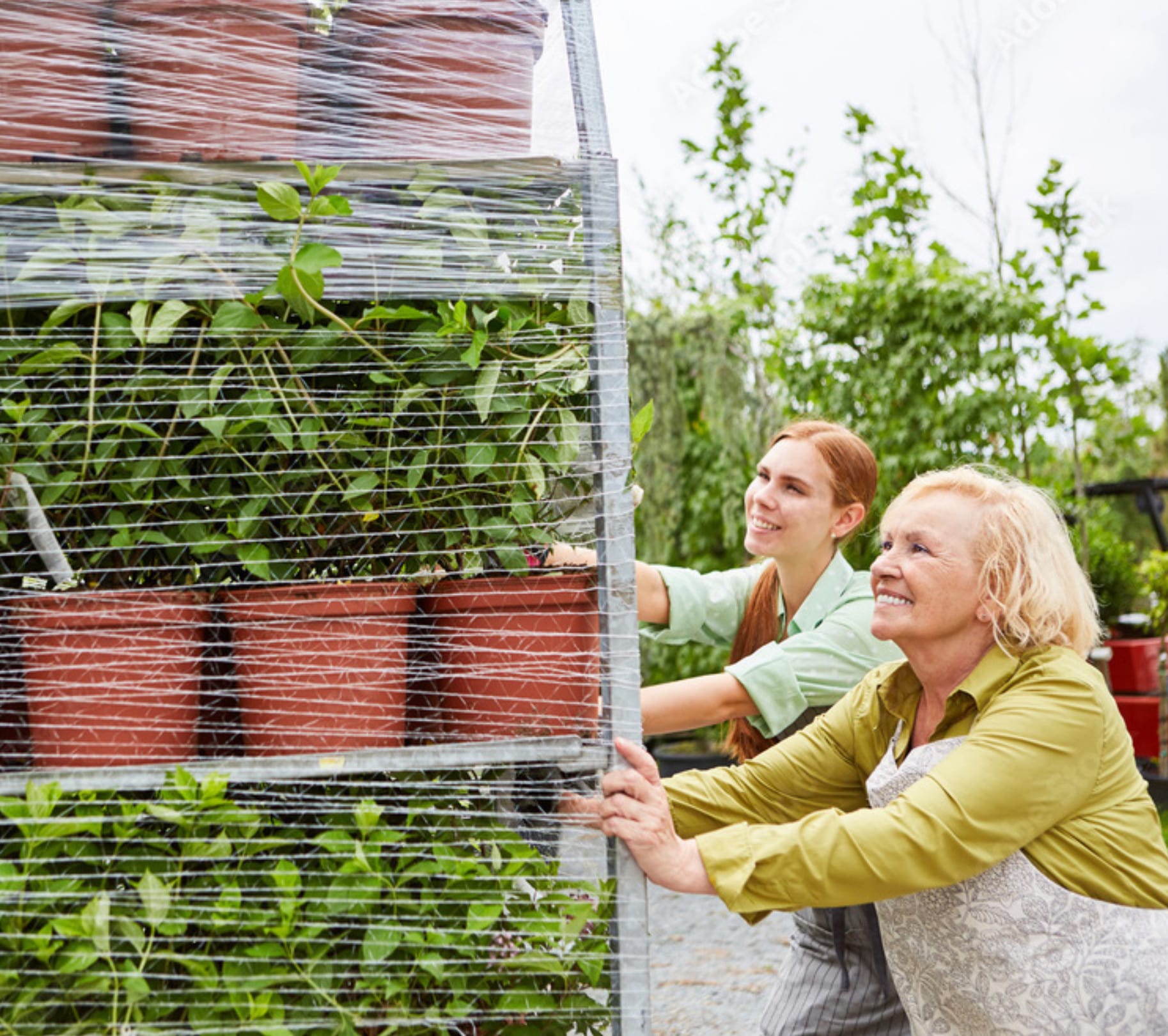
“After years of developing and testing, we have proven that we are now able to deliver a viable ‘Ocean Product’ for flowers that works,”
CARL LORENZ, Managing Director, Eastern Africa area, at Maersk.
3.Moving
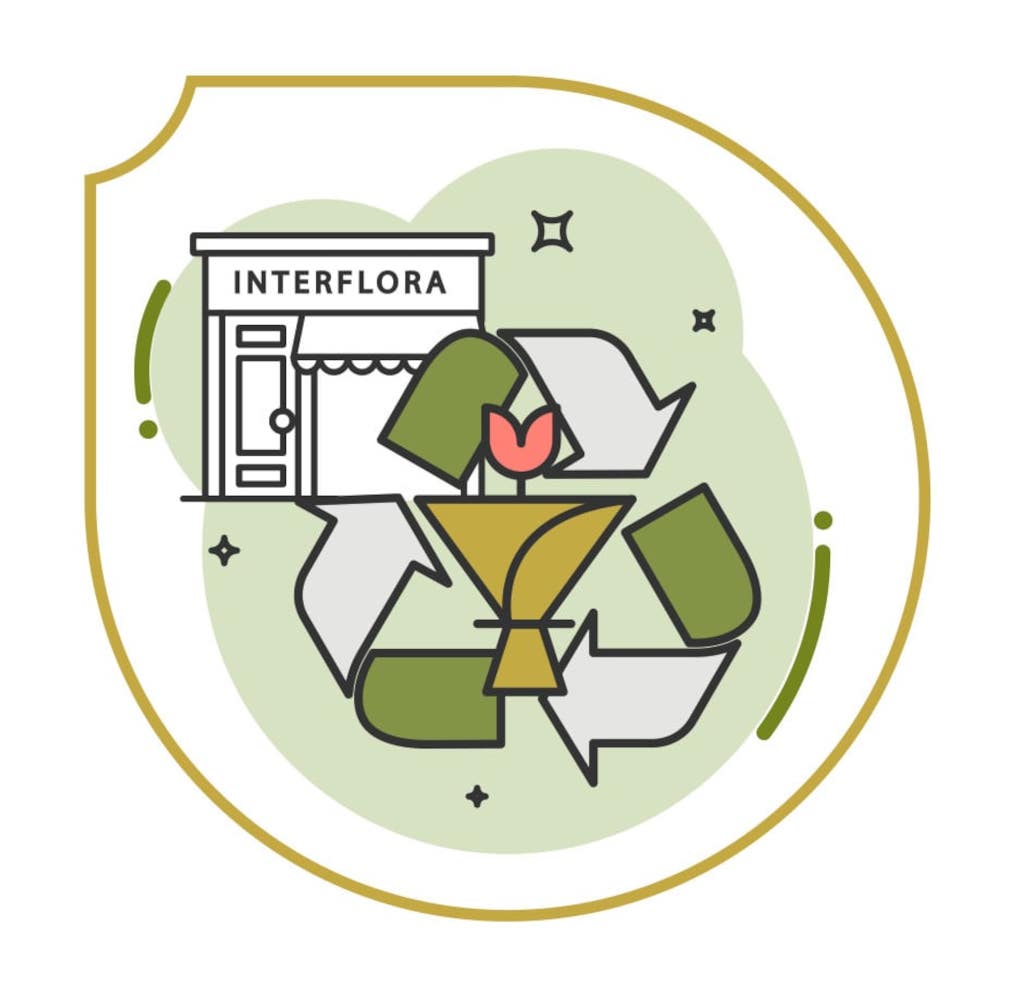
Towards a circular economy
We are moving towards a business model for more environmentally friendly flowers without waste by using as environmentally friendly materials as possible in our packaging.
3.1 Packaging
Fleurop/Interflora/FTD certified packaging guidelines for all of our branded items were put in place in 2021. While we cannot control all materials supplied by individual florists, we are pleased to report that at the end of 2023, we will have 100% compliance in non-plastic and 100% recyclable bouquet wrapping and gift cards with of FSC-certified paper in all the materials supplied by Fleurop/Interflora/FTD to the florist network.
In addition, many of our national units have developed innovative solutions that are setting the highest of standards across the industry – In the UK their packaging uses compostable cellophane that keeps flowers protected in transit biodegrades up to five times quicker than standard florist wrap, and does not leave microplastics behind after degrading and biodegradable flower food sachets that break down naturally within the same amount of time as a banana skin or orange peel.
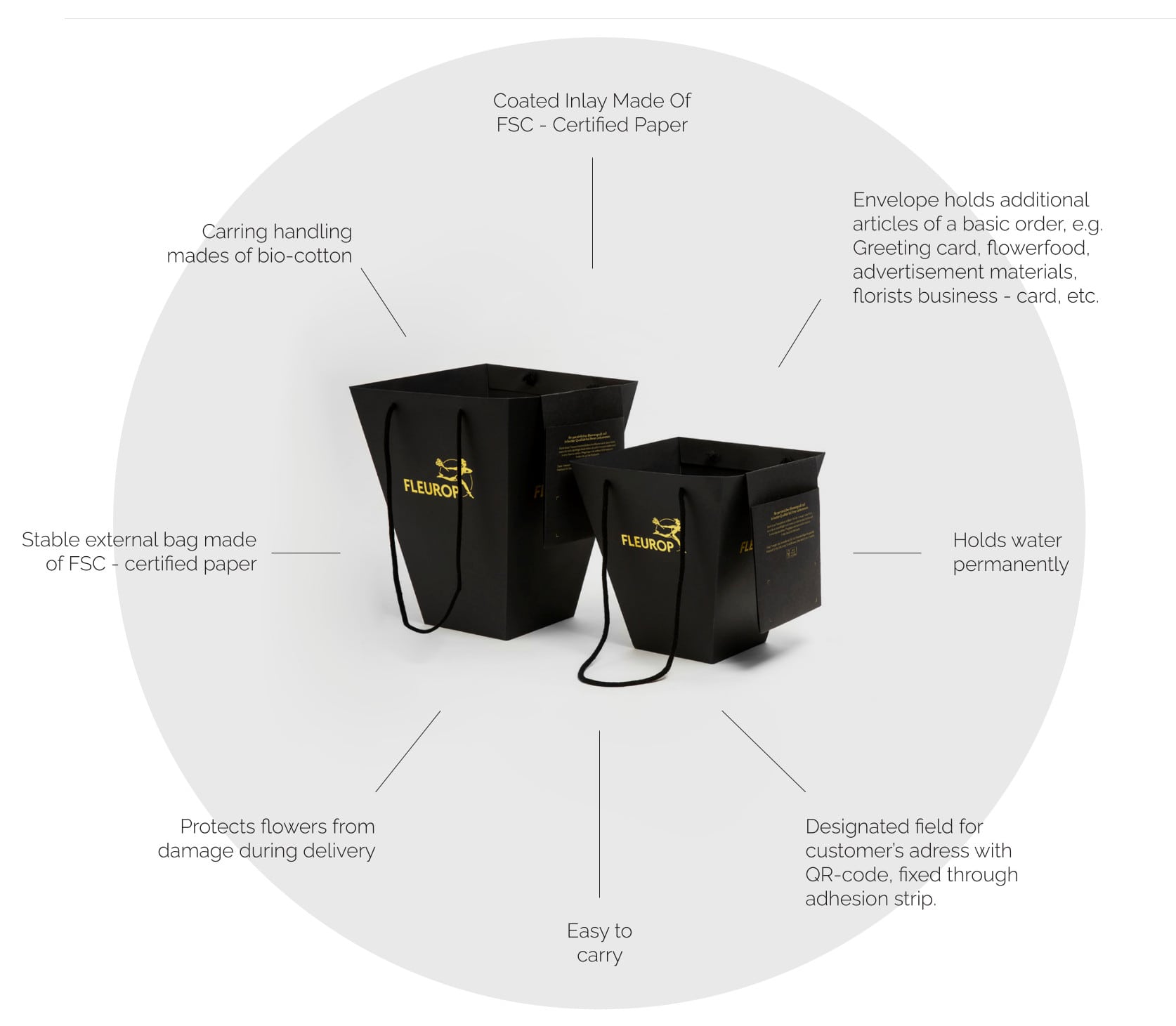
4.Communicating

Transparency
Our commitments, and our progress on sustainability, to the market and our external stakeholders.
4.1 Customer awareness
We have a responsibility to lead by example. The publication of this framework is a significant step in acknowledging the challenges faced, the solutions that are already in place, and the research being done to find new ones. The gathering and publishing of properly accredited data will continue to expand, the rollout of all the action points listed in this framework is already underway and with the appointment of our sustainability ambassadors in the form of a global action network we expect significant progress in 2023 that will take us even further toward a more sustainable future.
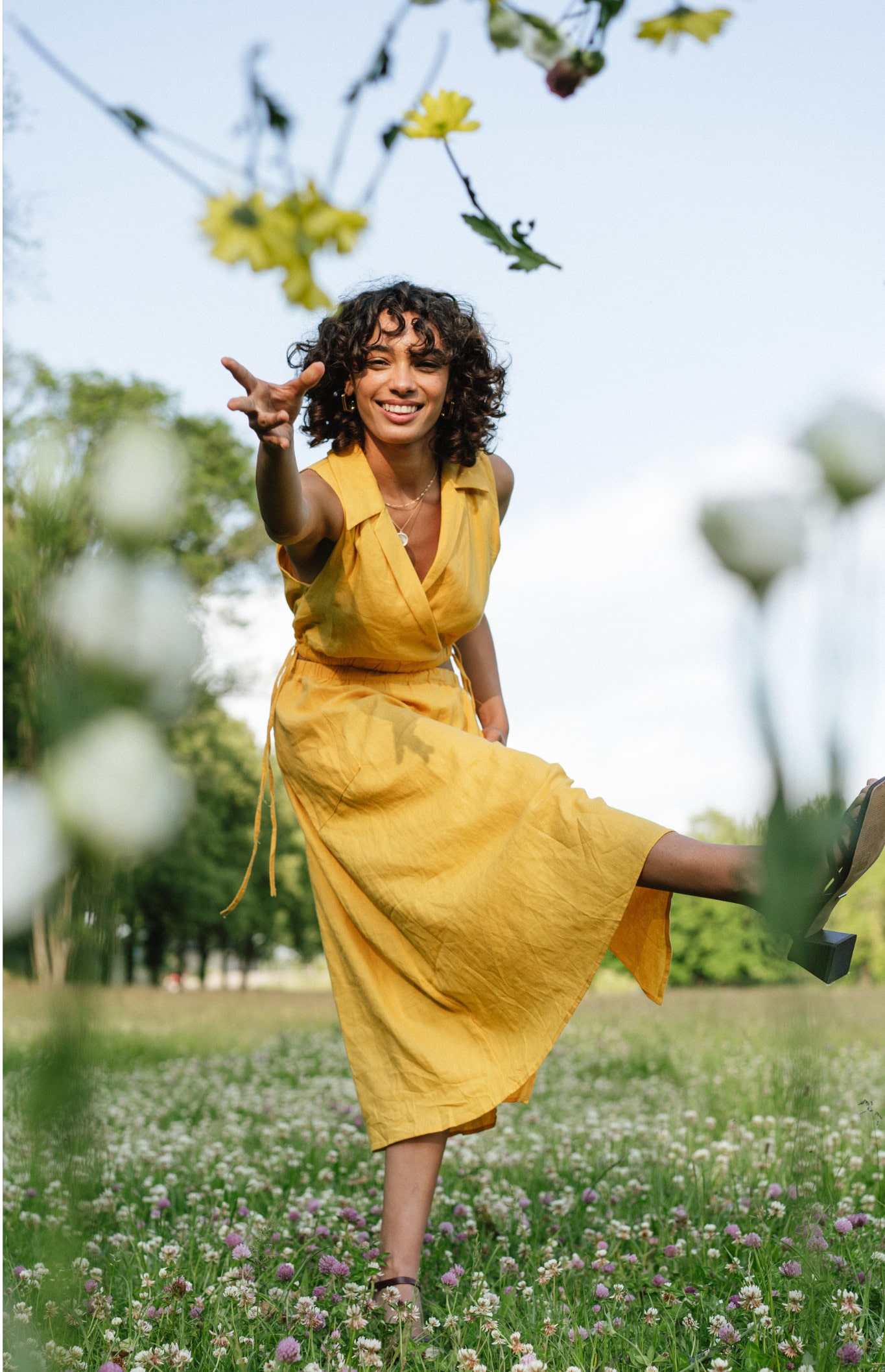
Our strategy and pillars
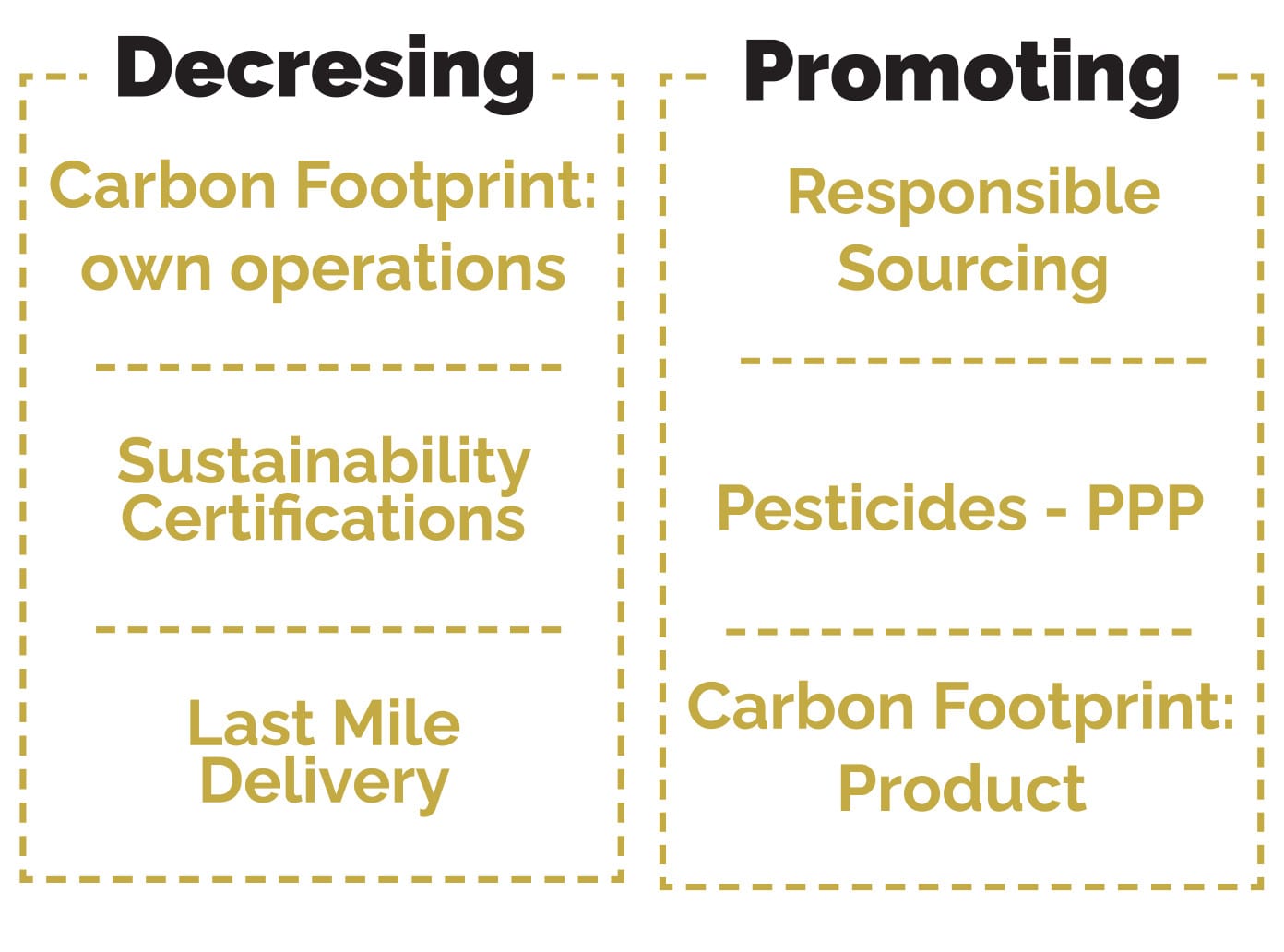
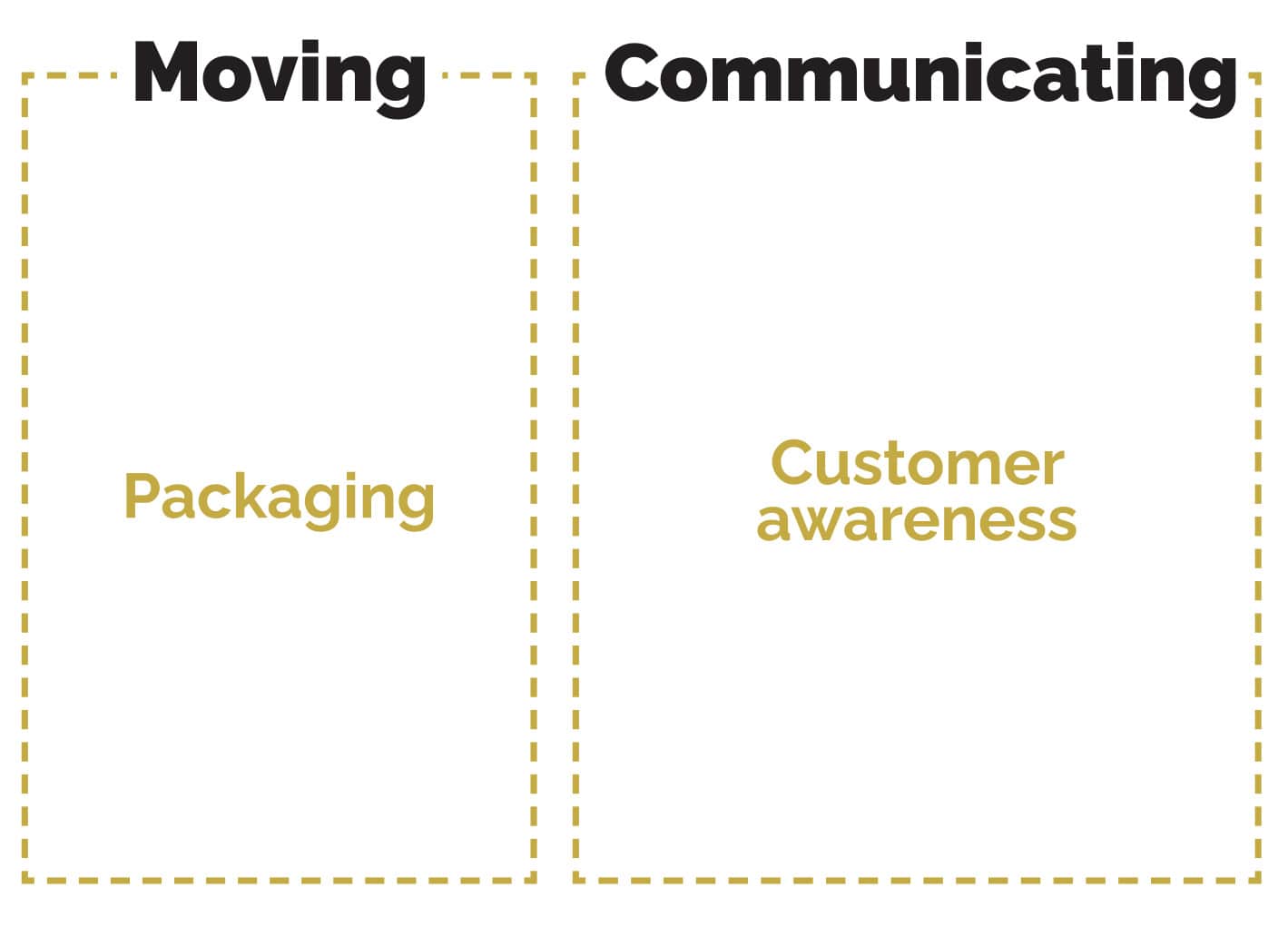
Sustainable Development Goals
Line actions
Specific actions and monitoring indicators
Carbon Footprint: own operations
We monitor the carbon footprint of our operations for Scope 1 and 2 through the establishment of monitoring KPI ́s with the aim of reducing our environmental impact and commitment to be carbon neutral.
Where we do have operational control (scope 1 and 2 emissions), we are actively identifying the ways in which we can reduce our emissions and ensure that we are using renewable energy.
Sustainability Certifications
Fleurop Netherlands has certified 100% of its florist network through with an independent quality label. Certified Florist is structured in the following areas:
- Sustainable procurement
- Sustainable management
- Compulsory requirements
- Optional criteria (freedom to obtain scores on certain themes)
Certified florists must purchase a percentage of their products (flowers, plants and cut foliage) sustainably every year. The florists can receive a bronze, silver, or gold certificate.
Last Mile Delivery
- Interflora UK introduced in November 2021, their new electricpowered, zero carbon van arrived, replacing their old diesel van and saving 85 gallons of diesel fuel a year. It’s nicknamed “The Green Machine” and although we know it’s a small step, it will be making a difference to reduce their direct business impact.
- Inteflora Sweden: support affiliated stores with framework agreements with couriers who have electric cars/ electric bikes and utilise existing routes and vehicles such as Early Bird.
Responsible Sourcing
At Fleurop/Interflora/FTD we are proud to offer responsabile sourced flowers.
- Sweden, Germany and Switzerland included in their catalogues some bouquets with the fairtrade label.
- UK – Their Supply Chain Update
Interflora UK continue to build relationships with suppliers who we know have a sustainability focus in their goods and sourcing, helping us to meet our ambitions.
They are conscious of our reliance on other countries to supply products and the environmental impact that this can have to get them to the UK, so they are working to reduce the number of products bought from the Far East. Instead, they are working to source hard goods from the UK wherever possible, and from Europe if an alternative is required.
Line actions
Specific actions and monitoring indicators
Responsible Sourcing
- Sweden – fairtrade roses from Winchester Bahati Farm (Kenya)
Interflora AB obteined fairtrade-licensed and has the opportunity to sell selected fairtrade products in its the assortment. They work exclusively with a selected cultivation for their beautiful fairtrade roses and they come from Winchester Bahati Farm in Kenya.
A partnership they have been working on for over two years and have been visiting farms and plantations to ensure both working conditions and the quality of the roses for our artisanal florists.
They are therefore working on the development of a code of conduct for the implementation of their values as a basis for all operations.
Pesticides / PPP
We are committed to developing a R&D project to analyse and identify the main chemical products on flowers production. This project starts with a database of more than 1200 samples from Fleurop Germany.
The specific objectives of this project are:
- Reduction of potentially dangerous substances in the production of cut flowers.
- Establishing a new international MRL standard.
We will conduct academic research into the current use of plant protection products (PPPs) in flower production, including a review of the specific health and safety conditions faced by florists and consumers and the levels of exposure to PPPs, with the aim of minimizing the chemicals used by our growers and distributors.
Carbon Footrprint: product
We are clearly committed to reducing the environmental impact of our products and that is why we have developed an innovative tool to measure and reduce the carbon footprint of our bouquets (Scope 3 – Builder Bouquet).
Our goal is to be able to offer in the coming years bouquets with the lowest possible carbon footprint by combining floristic criteria with flowers with low CO2 percentage, positioning ourselves as the most sustainable company in the sector of flowers and ornamental plants sales.


Line actions
Specific actions and monitoring indicators
Packaging
Throughout 2022 we have defined the minimum standards to be applied to the packaging of our bouquets and other products.
– Directly by the florist shop: Education and incentives will be needed to push the network to use more certified materials and comply with our standards.
– Supplied by Fleurop Interflora: Minimum standards need to be applied.
Customer awareness
Website communication: www.fleurop-interflora-sustainability.com
Sweden, Norway and UK have published their own sustainability reports, which can be found on their respective websites.
– Sustainability Report Sweden: www.interflora.se
– Sustainability Report UK: www.interflora.co.uk
– Sustainability Report Norway: www.interflora.no
Transparency in each of our actions, as well as the publication of objectives and monitoring indicators, is a basic pillar in our day-to-day work and strategic decision-making.
The publication of our first Sustainability Framework represents an important milestone towards greater transparency in each and every one of our operations and, in particular, based on our sustainability strategy, it addresses all those issues that are most relevant and their different stakeholders.
“Committed to a better world”
